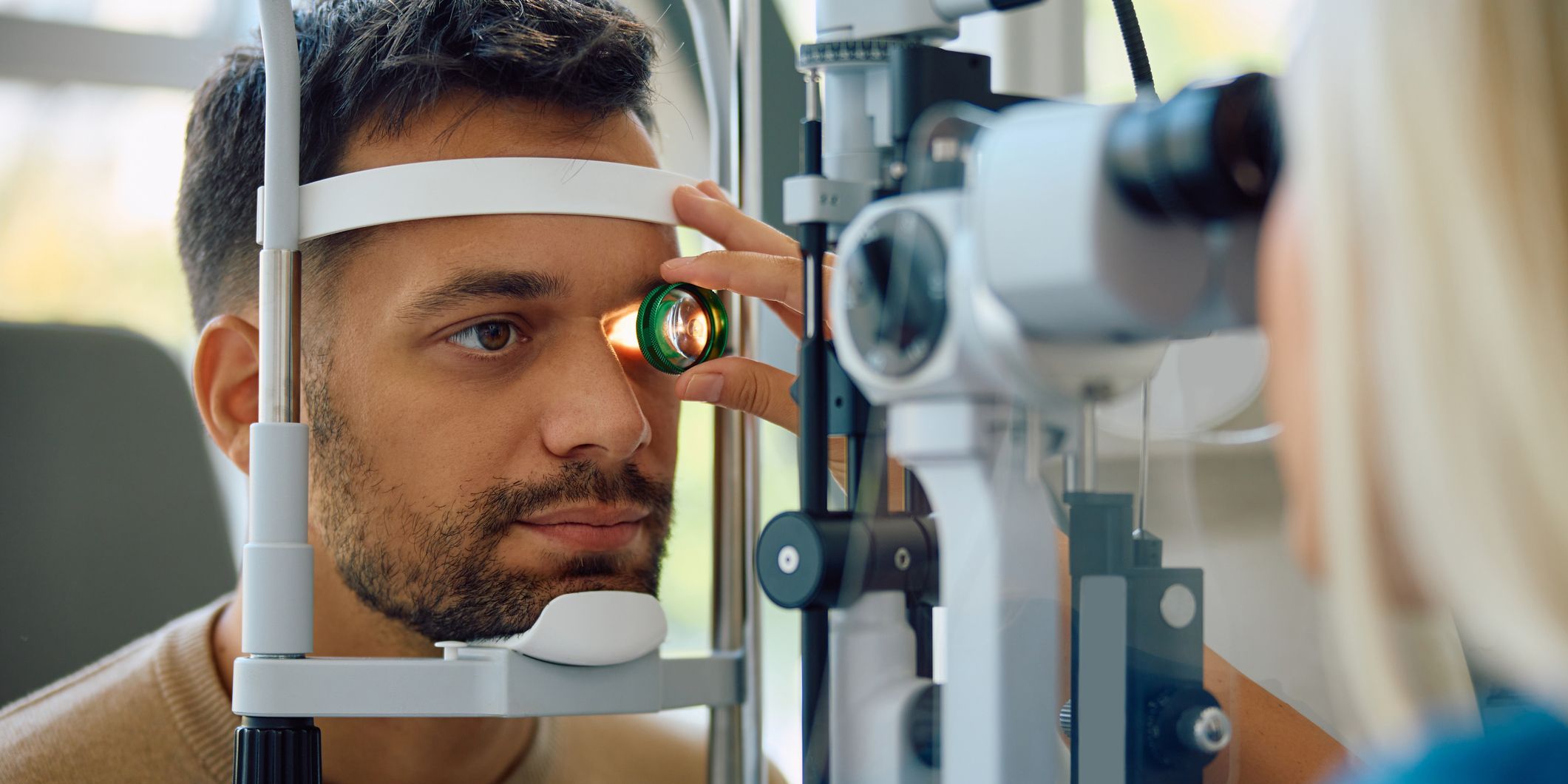What is an Ocular Disease Optometrist?
An ocular disease optometrist is a type of optometrist who specializes in diagnosing, treating, and managing eye diseases. They use advanced tests and equipment to detect conditions such as glaucoma, macular degeneration, cataracts, and diabetic eye disease—often before symptoms appear. Their main goal is to protect vision, prevent vision loss, and keep eyes healthy through medical treatment, ongoing monitoring, and patient education.
What does an Ocular Disease Optometrist do?

Duties and Responsibilities
The duties and responsibilities of an ocular disease optometrist encompass a wide range of specialized tasks focused on diagnosing, treating, and managing eye diseases that can affect vision and overall eye health. Here are key aspects of their role:
- Patient Consultation and Examination: Conduct comprehensive eye exams, review medical histories, and assess risk factors for conditions such as glaucoma, diabetic retinopathy, macular degeneration, and corneal disorders.
- Disease Diagnosis and Management: Use advanced diagnostic tools like OCT scans, fundus photography, and visual field testing to detect eye diseases in their early stages. Develop treatment plans tailored to each patient’s condition.
- Medical Treatment: Prescribe and manage medications such as eye drops or oral drugs, monitor treatment effectiveness, and co-manage surgical cases with ophthalmologists when necessary.
- Patient Education and Counseling: Explain diagnoses, treatment options, and long-term expectations clearly. Provide advice on lifestyle changes that support eye health, such as diet, blood sugar control, and UV protection.
- Ongoing and Preventive Care: Schedule follow-up visits, track disease progression, and intervene early to help preserve sight and prevent vision loss.
- Collaboration with Other Healthcare Providers: Communicate and coordinate care with primary physicians, endocrinologists, and other specialists when systemic conditions like diabetes or hypertension impact eye health.
Different Types of Ocular Disease Optometrists
Ocular disease optometrists can pursue specializations that focus on particular types of eye conditions or patient populations:
- Glaucoma Specialists focus on diagnosing and managing glaucoma and related optic nerve disorders.
- Retina Specialists concentrate on retinal diseases like macular degeneration, diabetic retinopathy, and retinal vascular conditions.
- Cornea and External Disease Specialists treat corneal conditions, keratoconus (an eye disorder in which the cornea, the transparent front part of the eye, gradually thins and bulges outward into a cone shape), dry eye, and infections of the eye’s surface.
- Pediatric Ocular Disease Optometrists manage ocular diseases in children, including congenital disorders, strabismus (crossed eyes), and pediatric glaucoma.
- Geriatric Ocular Disease Optometrists focus on age-related conditions such as cataracts, macular degeneration, and glaucoma in older adults.
- Ocular Immunology and Inflammation Specialists manage uveitis and other autoimmune or inflammatory eye conditions.
Ocular disease optometrists have distinct personalities. Think you might match up? Take the free career test to find out if ocular disease optometrist is one of your top career matches. Take the free test now Learn more about the career test
What is the workplace of an Ocular Disease Optometrist like?
Ocular disease optometrists work in a variety of settings where specialized eye care is needed. Common employers include:
- Private Optometry Practices – especially those that focus on medical eye care and manage complex ocular conditions
- Ophthalmology Clinics – often working alongside ophthalmologists to co-manage patients before and after surgery or for chronic eye diseases
- Hospitals and Eye Centers – providing specialized eye care in outpatient clinics or hospital-based ophthalmology departments
- Academic and Research Institutions – conducting clinical research, teaching, or supervising optometry students and residents
- Specialty Vision Clinics – centers focusing on glaucoma, retina, cornea, or pediatric eye diseases
- Community Health Centers – offering medical eye care in larger healthcare networks, often for underserved populations
The workplace of an ocular disease optometrist is usually a clinic or eye care center where the focus is on patients and their eye health. These clinics are equipped with high-tech tools like retinal cameras, OCT scanners, visual field machines, and slit lamps that help detect and monitor serious eye conditions. Ocular disease optometrists often work closely with ophthalmologists and other healthcare providers, so teamwork is a big part of the job. The day-to-day pace can vary—some days are filled with regular checkups and ongoing care for chronic conditions, while other days may bring urgent cases that need quick attention.
Frequently Asked Questions
Optometry and Ophthalmology-Related Careers and Degrees
Ocular Disease Optometrists are also known as:
Medical Optometrist
Eye Disease Optometrist
Therapeutic Optometrist